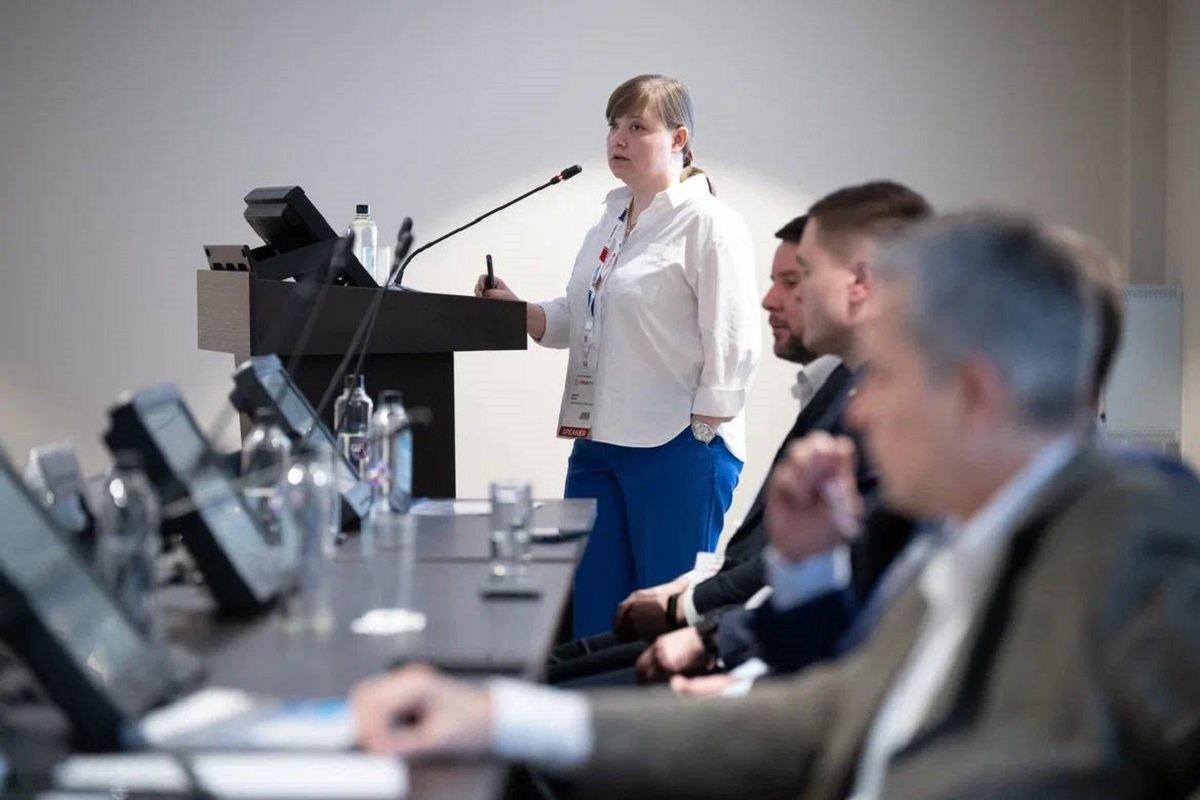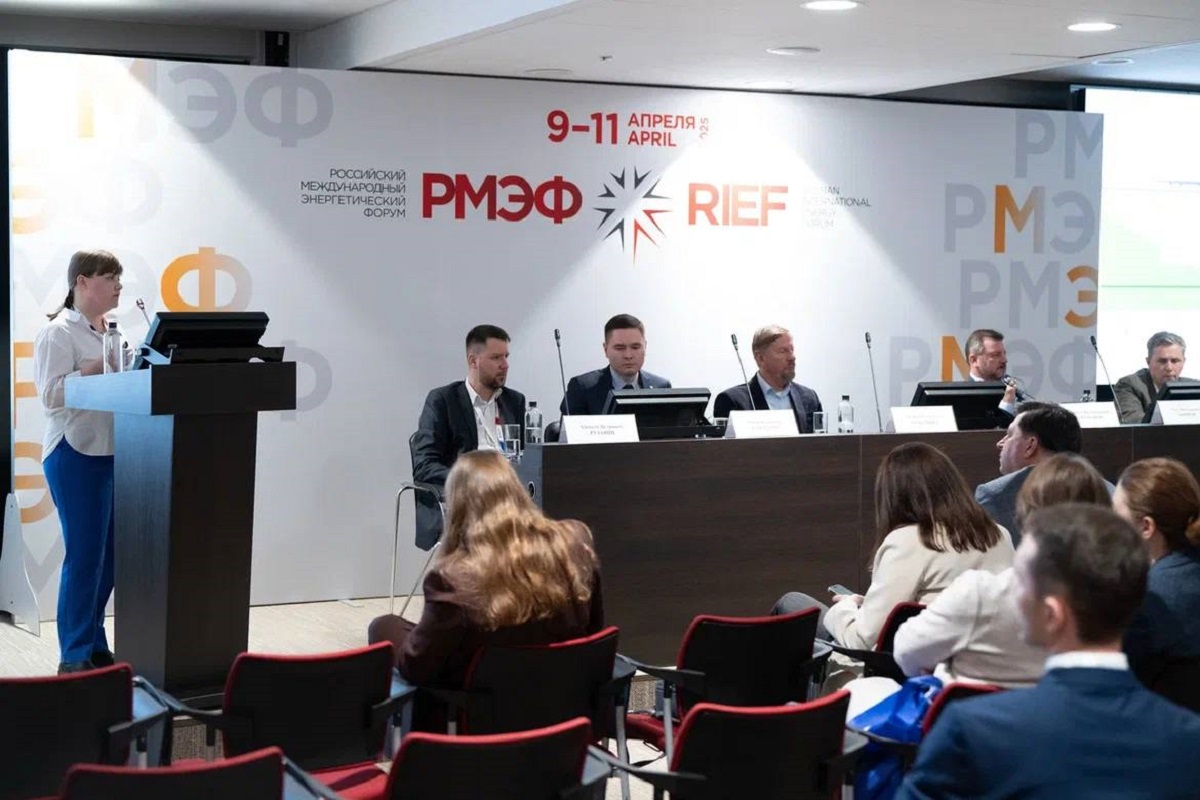St Petersburg University expert at the Russian International Energy Forum 2025: "Today, the world is not ready to phase out fossil fuels"
The Russian International Energy Forum 2025 has held a panel discussion titled "Technological independence in the generation equipment sector". Mariia Vetrova, Associate Professor of St Petersburg University, spoke about the prospects for energy transition in the context of the Russia’s model of carbon regulation.
The discussion was moderated by Mikhail Smirnov, Doctor of Political Science, President of the Association of Innovative Enterprises in the Energy Sector "EnergoInnovation", Member of the Chamber of Commerce and Industry’s Committee on Energy Strategy and Development of the Fuel and Energy Industry.
The climate agenda has surged dramatically in the last decade. Countries are focusing their efforts on decarbonising industrial and technological processes. There is a growing trend in global greenhouse gas emissions, which have recently reached a record high, largely due to the growth of the Earth’s population and anthropogenic activities. To mitigate climate risks, countries are developing strategies to achieve a carbon-neutral economy, with most countries striving to achieve net zero by 2050-2060.
Today, the world is not ready to phase out fossil fuels, said Mariia Vetrova, Associate Professor in the Department of Economics of Enterprise, Entrepreneurship and Innovation at St Petersburg University. There is no consensus among many countries regarding the energy transition. Leading international organisations are building energy transition scenarios that differ significantly from each other.
Russia will achieve climate neutrality by 2060 according to the Russia’s Climate Doctrine approved in October 2023.
This is not connected with fossil fuel phase out. In August 2024, the Russian Energy Agency of the Ministry of Energy developed its own version of possible energy transition scenarios. Among them are the following: "Just like the old days", "Net zero", and "Rational technological choice". The differences between the scenarios mainly relate to the speed of distribution of low-carbon energy technologies. The scenario "Just like the old days" is more likely to be excluded. However, there are also strong doubts about the feasibility of the scenario "Net zero".
"For the Russian Federation, the scenario 'Rational technological choice' is relevant, in which the share of electricity in final consumption is expected to increase. Traditional energy sources will remain in use. Yet, due to the decarbonisation of energy, the improvement of energy efficiency across all key sectors of the economy — the potential of which has not yet been fully exhausted in the Russian Federation — this represents a priority measure for achieving carbon neutrality in the medium term," said Mariia Vetrova, Associate Professor of St Petersburg University.
Fossil fuels will most likely remain the basic source of energy for many countries around the world, including Russia, said Mariia Vetrova. CCUS initiatives play an important role in decarbonising production solutions without radical changes in key technologies and maintaining the competitiveness of Russian companies in international markets.
The path of the Russian Federation and resource-producing countries differs from the targets of the European Green Deal: not a rapid abandonment of fossil fuels, but a gradual balanced energy transition with access to stable, clean and cheap energy; not complete carbon neutrality at any cost, but effective low-carbon economic development and adaptation to climate change, including with the use of bioeconomy tools.
In conclusion, the speaker emphasised that for the technological development and industrial growth of the energy complex of the Russian Federation in order to ensure energy security and long-term competitiveness, it is necessary to prepare engineers for the Russia’s energy sector, advance science and develop comprehensive scientific and technical programmes and projects of a full innovation cycle. What is also essential is measures of state support for medium-sized businesses producing electrical products and the development of a system of industry standards, and the development of digital solutions.
For some countries, the question of whether sustainable development of the economy and society without fossil fuels is possible in the medium term remains open, In the Russian Federation, however, there is a clear understanding that it is far from the case, the expert summed up.



